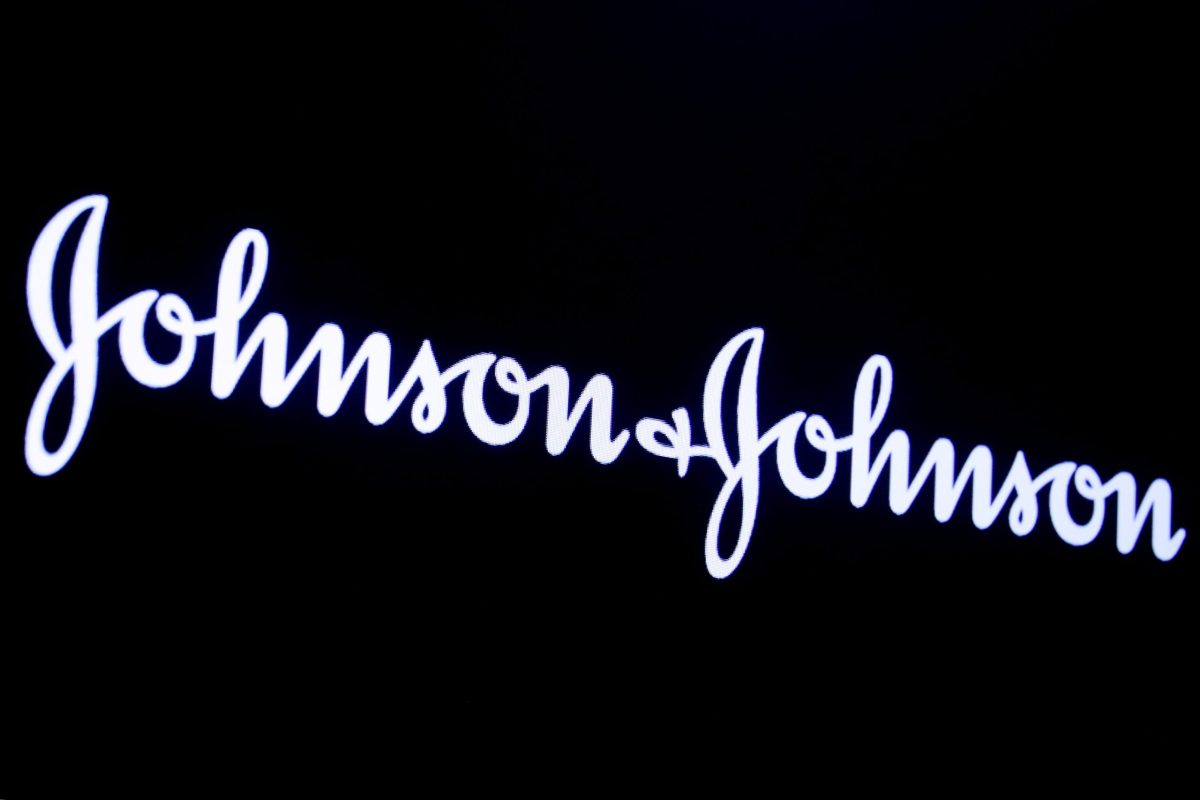BY MANAS MISHRA AND CARL O’DONNELL
Johnson & Johnson <JNJ.N> aims to test its experimental coronavirus vaccine in up to 60,000 volunteers in a late-stage trial scheduled to start in September, according to a U.S. government database of clinical trials.
The trial would be conducted in nearly 180 sites across the United States and other countries, including Brazil and Mexico, according to the information posted on clinicaltrials.gov on Aug. 10.
“We can confirm that planning and recruitment is underway for our Phase 3 program, which is subject to interim data of the Phase 1/2a trials and approval of regulators,” a Johnson & Johnson spokesman said.
“Our Phase 3 program is intended to be as robust as possible, could include up to 60,000 participants and will be conducted in places with high incidence rates,” he added.
The spokesman said J&J is using epidiological data to decide where studies should take place and will make a final decision soon. The phase 3 trial will likely lock off in late September, with the first vaccines available for use by early 2021, he said.
Rival coronavirus vaccine makers such as Moderna Inc <MRNA.O> and Pfizer <PFE.N> are targeting recruitment of up to 30,000 volunteers for their late-stage studies.
J&J shares rose marginally on Thursday, paring early losses, after the Wall Street Journal first reported the trial size.
Reuters last week reported that the Trump administration’s coronavirus vaccine project was recruiting scientists in South Africa and Latin America to help test possible vaccines in U.S.- backed clinical trials.



































